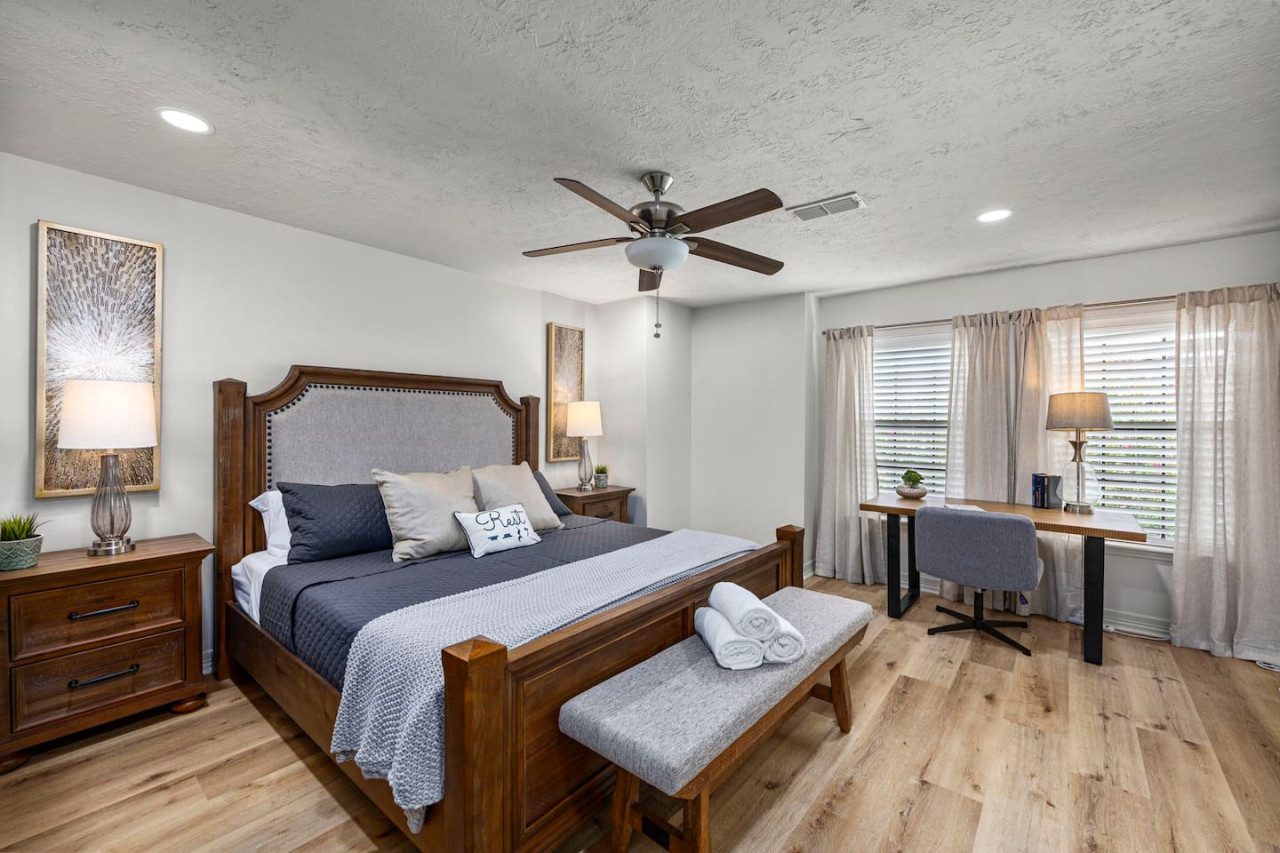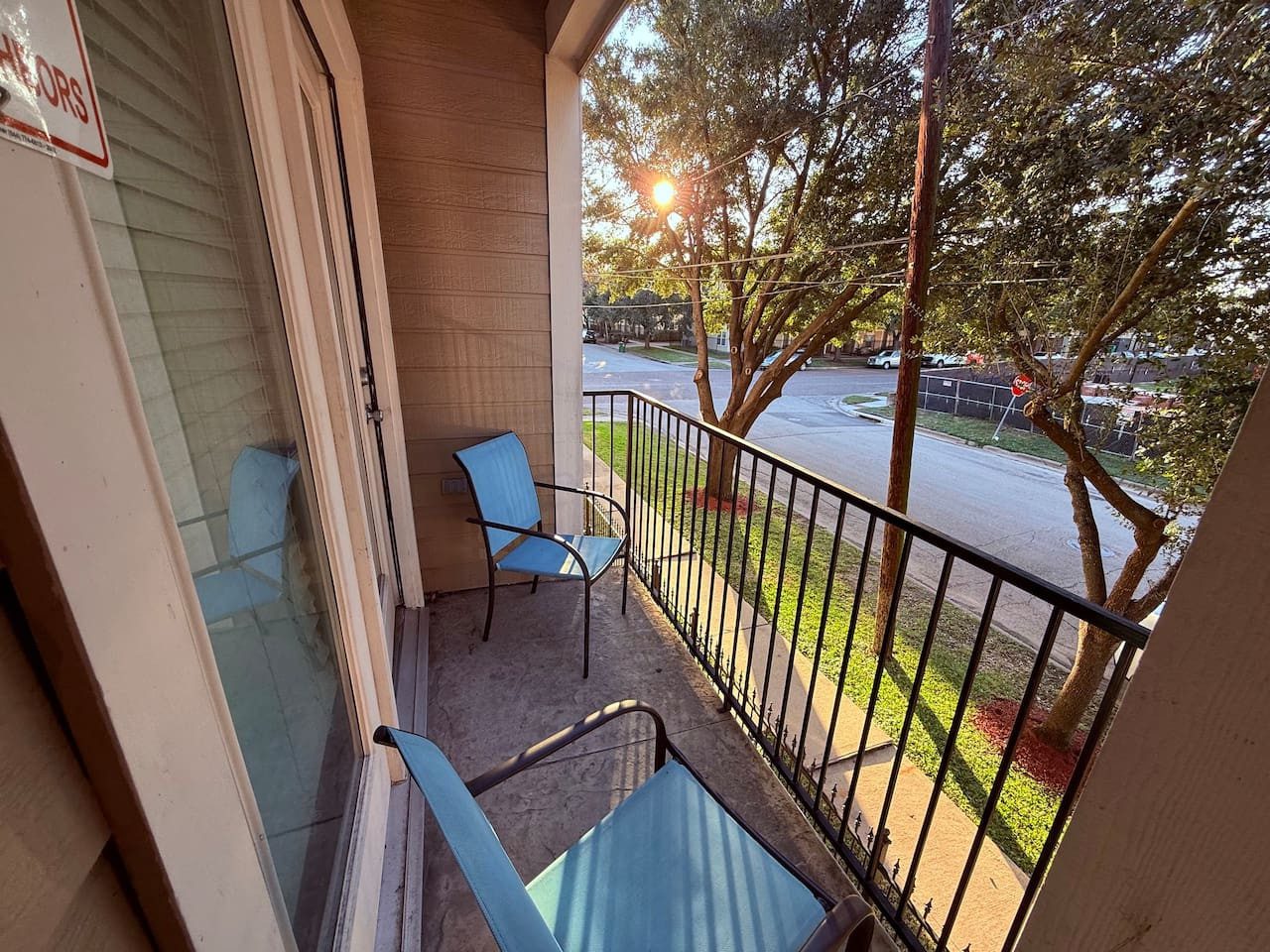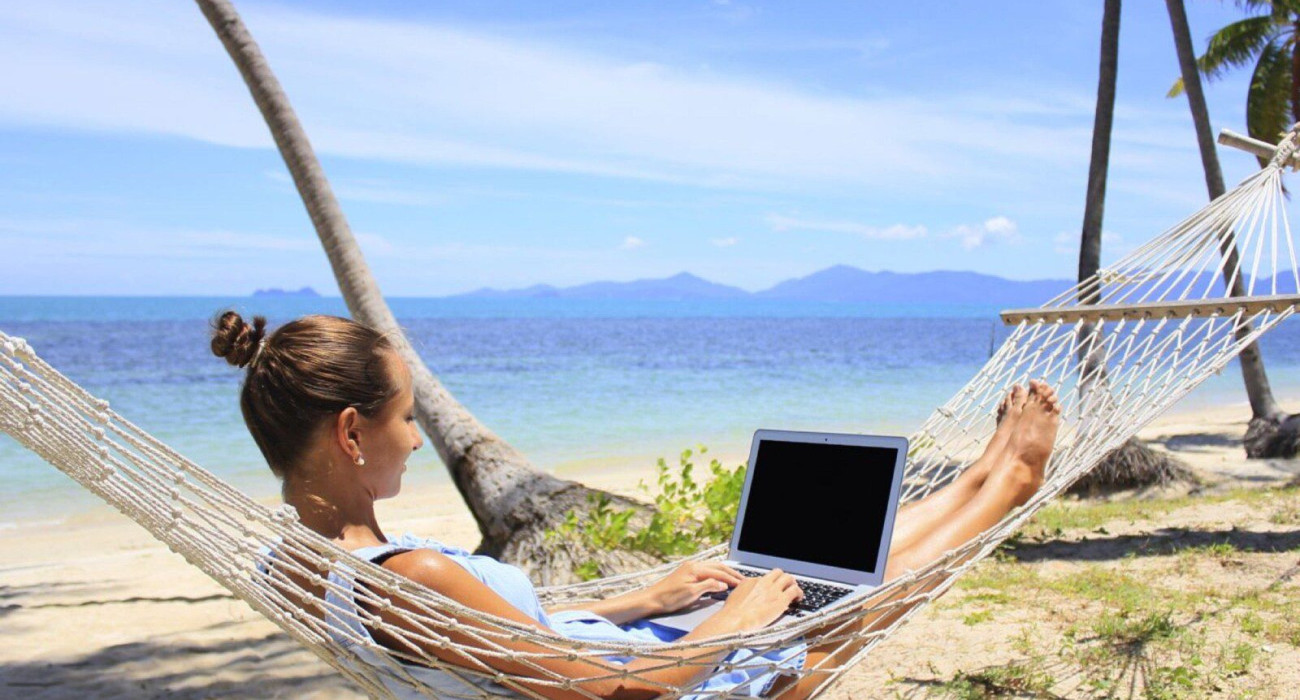Digital nomad—a new breed of professionals who work remotely while traveling the world. In today’s hyper-connected world, the traditional office is quickly becoming obsolete, replaced by coffee shops, co-working spaces, and beachside balconies. As this lifestyle grows in popularity, so too does the demand for flexible, home-like accommodations. And that’s where vacation rentals shine.
Let’s explore why vacation rentals have become the preferred choice for digital nomads around the globe—and why that trend is only gaining momentum.

1. Flexibility Without Commitment
Unlike traditional leases or hotels, vacation rentals offer digital nomads the freedom to choose how long they stay and where they live. From a cozy studio in Mexico City to a mountaintop cabin in Colorado, they can move as often as their hearts (or contracts) desire.
Platforms like Airbnb and Vrbo offer short-term and long-term rental options, catering specifically to the needs of remote workers with discounts for monthly stays and flexible cancellation policies.
This flexibility empowers digital nomads to pursue adventure without being locked into year-long commitments or the sterile environment of a hotel.
2. Remote Work-Ready Amenities
Working from anywhere doesn’t mean compromising on productivity. Most modern vacation rentals now offer high-speed Wi-Fi, dedicated workspaces, and even co-working partnerships to help guests stay connected and focused.
Sites like Nomad List rank cities and accommodations by internet speed, cost of living, safety, and community—helping digital nomads make informed decisions about where to work and live next.

Some hosts even go the extra mile by providing standing desks, monitors, and office supplies. The difference is noticeable: you’re not working from a cramped hotel desk, but from a comfortable, inspiring space that feels like home.
3. Cost-Efficiency
Vacation rentals are not just more spacious—they’re also more economical for long stays. With full kitchens, laundry machines, and living spaces, nomads can save significantly by cooking meals, doing laundry in-house, and avoiding tourist traps.
Monthly discounts are common on platforms like Booking.com and Airbnb, making it easier for budget-conscious travelers to stretch their dollars. Nomads also benefit from lower costs in emerging remote-work hotspots such as Chiang Mai or Lisbon.
4. A More Authentic Local Experience
Hotels are often situated in tourist-heavy districts. Vacation rentals, by contrast, are frequently located in residential neighborhoods, allowing nomads to live like locals. Whether shopping at nearby markets or chatting with neighbors, the experience feels more immersive.
This type of stay helps digital nomads gain deeper cultural insight while contributing directly to the local economy—especially when renting from local hosts rather than corporate entities.

Want to see what digital nomad communities say about this? Check out firsthand experiences on Reddit’s Digital Nomad subreddit, a hub for sharing tips, cities, and housing experiences.
5. Built-In Community & Co-Living Spaces
One of the biggest challenges of the nomadic lifestyle is loneliness. Fortunately, many vacation rentals—especially those aimed at remote workers—foster a sense of community.
Sites like Outsite and Selina specialize in co-living and co-working environments, offering digital nomads not just a place to sleep, but a community of like-minded travelers.

These hybrid spaces allow for networking, friendships, and even professional collaborations, all while maintaining the freedom and independence nomads crave.
6. Unique & Inspiring Environments
Unlike cookie-cutter hotel rooms, vacation rentals offer a diverse range of aesthetics—from minimalist lofts to boho jungle huts. This variety allows digital nomads to choose spaces that spark creativity, support mental well-being, and fit their personal vibe.

Studies have shown that our environment significantly impacts productivity and mood. A thoughtfully designed rental in Bali or a sun-drenched flat in Barcelona could be the perfect place to finish a creative project or host a virtual meeting that leaves a lasting impression.
Final Thoughts
Digital nomads aren’t just chasing beautiful views—they’re seeking a balance between freedom, productivity, and connection. Vacation rentals meet these needs better than any other accommodation type by offering flexibility, comfort, affordability, and authenticity.
As remote work continues to shape the future of travel, vacation rentals stand at the forefront of this transformation—empowering professionals to live and work on their own terms.
Further Reading & Resources:
Let the world be your office—and let vacation rentals be your gateway to it.
Ready to book your next stay? Browse trusted sites like Booking.com, Airbnb, or Vrbo to find the perfect spot for your trip.
Check our PROPERTIES
